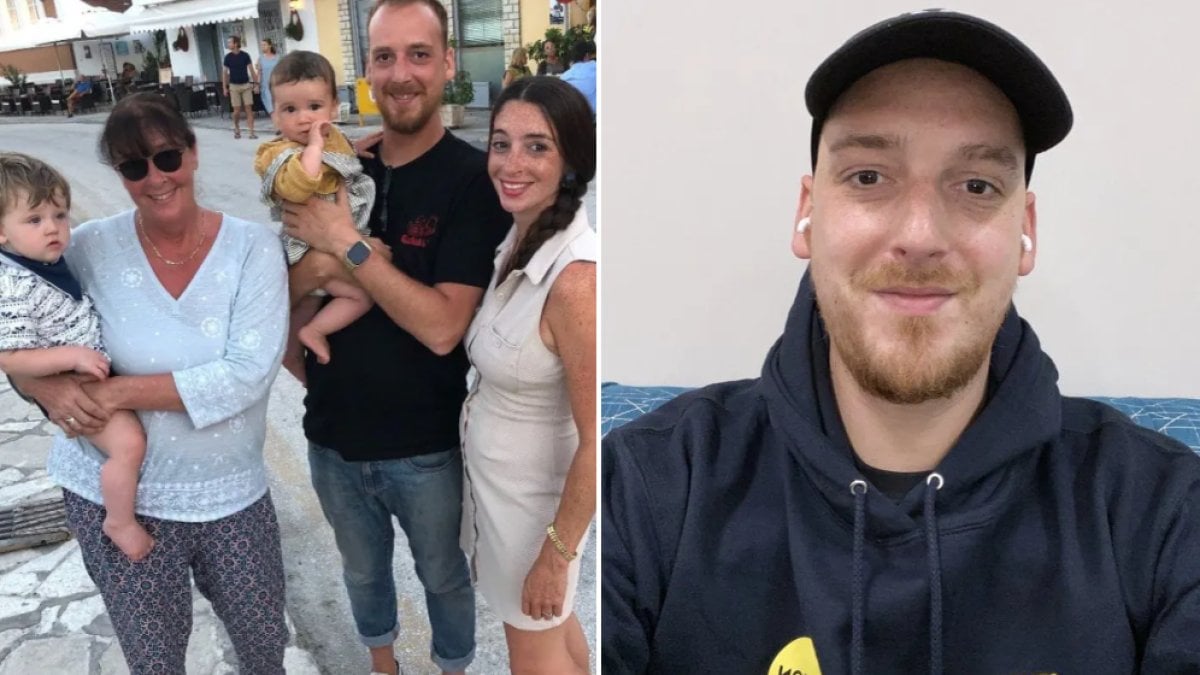
Man who spent last hours begging for medicine ‘failed by GP, NHS and pharmacists’
Man who spent last hours begging for medicine ‘failed by GP, NHS and pharmacists’
Posted by theipaper


Man who spent last hours begging for medicine ‘failed by GP, NHS and pharmacists’
Man who spent last hours begging for medicine ‘failed by GP, NHS and pharmacists’
Posted by theipaper
4 comments
A man who spent his last morning “begging” for emergency epilepsy medication died following numerous failures by his GP practice, a locum pharmacist, Superdrug pharmacy and NHS 111, a coroner has concluded.
Charlie Marriage, 32, suffered a fatal seizure during the pandemic in June 2021, after he ran out of medication to manage his epilepsy.
His death followed a two-day battle to get hold of Fycompa 8mg tablets via his GP, NHS 111 and a Superdrug pharmacy in Camberwell.
His mother, Henrietta Hastings, who was with him on the final day he fought to get hold of the medication, said he felt the tablets were a “game-changer” in managing his epilepsy.
And the coroner told the court Mr Marriage, who had been diagnosed with epilepsy aged 14, had been “close to remission”, and his lack of epilepsy medication likely contributed to his death by increasing his risk of seizure and their severity.
Ms Hastings fears others who find themselves without essential medication outside of GP hours today could face the same fate as her son.
She told *The i Paper* before the coroner delivered his conclusion: “The way that 111 has been set up means that somebody in Charlie’s situation tomorrow morning say, out-of-hours, would just as likely die as Charlie. And that’s unnecessary and tragic and it is happening to people.”
Delivering a narrative verdict, Coroner Mr Xavier Mooyart said “there were a significant number of failings” and “many missed opportunities” that occurred which contributed to Mr Marriage’s death but did not go far enough to say his death would have not occurred otherwise.
Fycompa tends to be ordered in specifically for particular patients and would not likely have been available locally, the coroner concluded.
Ultimately it was epilepsy that caused Mr Marriage’s death, specifically sudden death in epilepsy, the coroner concluded.
Mr Mooyart said although Mr Marriage had “left it a little late” to get his medication, he should have been able to rely on NHS services to be able to keep him safe over the 48 hours he was without his medication.
He added that DHU Healthcare, which runs NHS 111 services, were in a position to identify Mr Marriage was in need of an urgent callback from a clinician, not a non-medically qualified call handler.
The coroner found the urgent nature of Mr Marriage’s request should have been apparent via his calls to the GP practice and his online repeat prescription request, and that there were failures in the GP practice’s process to ensure an urgent repeat prescription request was identified and escalated.
Failings were also identified in relation to the pharmacist and Superdrug pharmacy in Camberwell, which Mr Marriage was directed to after calling NHS 111.
I saw this sad story a month ago, but I still can’t wrap my head around it.
The guy failed to order his prescription on time, a prescription for a rare medication that almost no pharmacy keeps as stock and has to order in specially.
He then refused to speak to a Dr on a 111 callback, who would have been able to refer him to a hospital pharmacy for the medication the same night he died.
It’s sad, but it’s a bit unfair to blame the NHS here.
As always there is more to this than the headline. Patients need to have responsibilities for their health
There’s nothing worse than being on your last legs and at the mercy of the NHS.
Comments are closed.